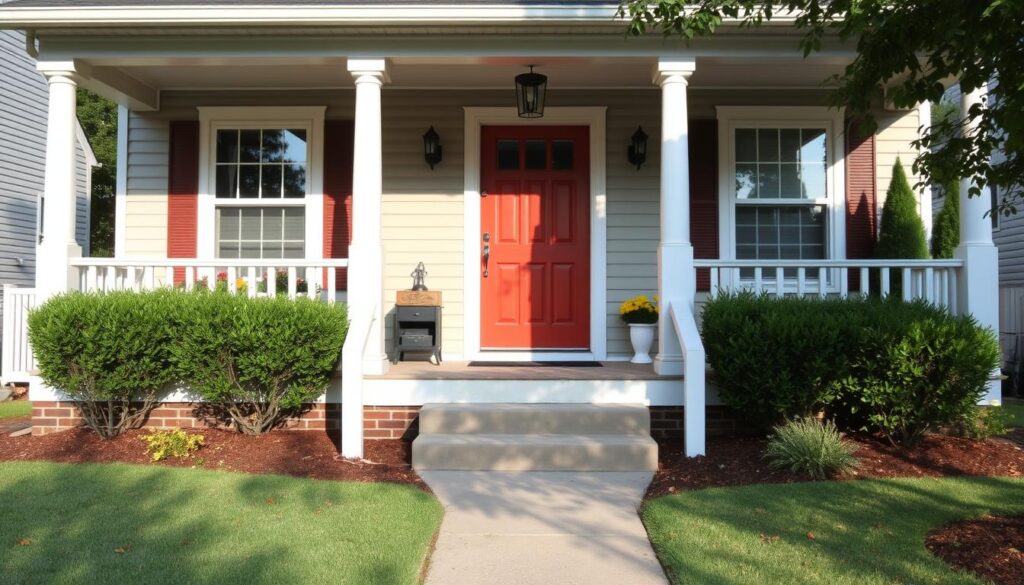Handling tenant complaints effectively is a vital skill for property managers and landlords. When managed well, it fosters positive tenant relationships, enhances retention, and ensures the smooth operation of rental properties. This guide delves into various strategies for addressing tenant complaints, ensuring a balanced approach that satisfies tenants while protecting the interests of property owners.
Understanding the Nature of Complaints
Tenant complaints can range from minor issues like a leaky faucet to significant concerns such as safety hazards or disputes with neighbors. Recognizing the nature and severity of each complaint is the first step in addressing it effectively. Prompt and appropriate responses show tenants that their concerns are taken seriously, which builds trust and confidence.
Establishing Clear Communication Channels
Clear communication is the cornerstone of effective complaint management. Tenants should know exactly how and where to report their issues. Providing multiple channels, such as email, phone, and an online portal, ensures accessibility. Additionally, outlining the complaint process in the lease agreement or tenant handbook helps set expectations.
Prompt Response and Acknowledgment
When a tenant submits a complaint, acknowledging receipt promptly is crucial. This initial response reassures tenants that their concern is being addressed. Even if the issue cannot be resolved immediately, an acknowledgment email or call indicating that the complaint is under review shows responsiveness and commitment.
Maintaining a Professional Attitude
Handling complaints requires maintaining professionalism, regardless of the nature of the issue or the tenant’s demeanor. Staying calm, empathetic, and polite fosters a positive interaction, even when dealing with difficult tenants. This approach not only diffuses potential conflicts but also sets the tone for future interactions.
Documenting Complaints and Actions Taken
Keeping detailed records of all complaints and the actions taken to resolve them is essential. This documentation provides a clear history of issues and resolutions, which can be invaluable in case of disputes. It also helps identify recurring problems, enabling proactive measures to prevent future occurrences.
Prioritizing and Categorizing Complaints
Not all complaints carry the same weight. Prioritizing issues based on their urgency and impact is critical. Safety and health concerns should be addressed immediately, while minor maintenance requests can be scheduled accordingly. Categorizing complaints also helps in delegating tasks efficiently, ensuring that the right personnel handle specific issues.
Regular Maintenance and Inspections
Proactive maintenance and regular inspections can prevent many common complaints. By addressing potential issues before they escalate, landlords demonstrate a commitment to maintaining the property. Regularly scheduled maintenance also reassures tenants that their living environment is being cared for, which can reduce the frequency of complaints.
Offering Solutions and Follow-Up
When addressing a complaint, providing clear and feasible solutions is key. After identifying the issue, communicating the steps that will be taken to resolve it, along with an estimated timeline, helps manage tenant expectations. Following up after the resolution to ensure tenant satisfaction reinforces the landlord’s dedication to their well-being.
Educating Tenants
Educating tenants about their responsibilities and the proper use of property amenities can prevent misunderstandings and reduce complaints. Providing guidelines on how to report issues and what to expect during the resolution process helps tenants feel more informed and involved. This proactive approach minimizes frustration and confusion.
Building a Positive Relationship
A positive tenant-landlord relationship can mitigate the impact of complaints. Engaging with tenants through community events, newsletters, or regular updates fosters a sense of community. When tenants feel valued and respected, they are more likely to communicate issues calmly and constructively.
Utilizing Technology
Leveraging technology can streamline the complaint management process. Property management software allows tenants to submit complaints online, track the status of their issues, and receive updates. Automation can also help in scheduling maintenance and sending reminders, making the process more efficient and transparent.
Training Staff
Ensuring that all staff members are trained in complaint handling is crucial. From maintenance personnel to administrative staff, everyone should understand the importance of addressing tenant concerns promptly and professionally. Regular training sessions on communication skills, conflict resolution, and customer service enhance the overall tenant experience.
Implementing a Feedback System
A feedback system allows tenants to express their satisfaction or dissatisfaction with how their complaints were handled. This feedback can provide valuable insights into areas for improvement and highlight successful strategies. Encouraging tenants to share their experiences also demonstrates that their opinions are valued.
Managing Difficult Tenants
Handling difficult tenants requires a delicate balance of firmness and empathy. It is essential to listen to their concerns without taking any aggressive behavior personally. Setting clear boundaries and communicating consequences for unacceptable behavior helps maintain a professional relationship while addressing their issues.
Legal Considerations
Understanding and adhering to local landlord-tenant laws is fundamental. Ensuring that all actions taken in response to complaints comply with legal requirements protects both the landlord and the tenants. Consulting legal professionals when necessary ensures that all procedures are handled correctly and fairly.
Conflict Resolution Techniques
Employing conflict resolution techniques can be highly effective in resolving disputes between tenants or between tenants and management. Mediation, negotiation, and finding common ground are strategies that can lead to amicable solutions. Training in conflict resolution equips property managers with the tools needed to handle disputes effectively.
Continuous Improvement
Regularly reviewing and improving the complaint management process ensures its effectiveness. Gathering feedback from tenants and staff, analyzing complaint patterns, and staying updated with industry best practices contribute to continuous improvement. This proactive approach enhances tenant satisfaction and property management efficiency.
Conclusion
Effective tenant complaint management is a multifaceted process requiring clear communication, prompt action, and a professional attitude. By understanding the nature of complaints, prioritizing issues, and leveraging technology, property managers can address concerns efficiently. Building positive relationships and educating tenants further enhances the tenant experience. Through continuous improvement and adherence to legal standards, landlords can maintain a harmonious living environment, ultimately benefiting both tenants and property owners.
In summary, addressing tenant complaints with empathy, professionalism, and efficiency not only resolves issues but also fosters a positive community atmosphere. This approach ensures that tenants feel heard and valued, leading to higher satisfaction and retention rates. Implementing these strategies creates a win-win situation for both tenants and property managers, ensuring a successful and stress-free tenancy.






